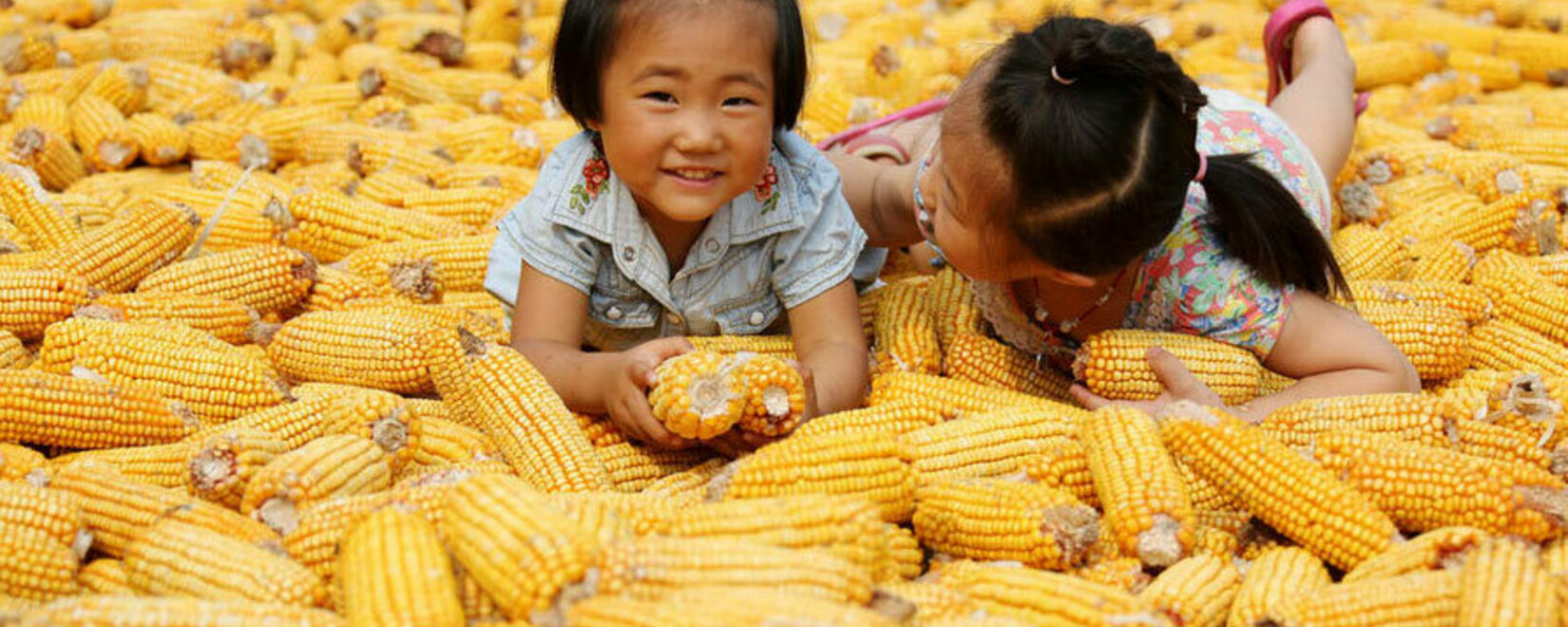Russia and China have concluded an addition to the protocol on phytosanitary requirements for corn, rice, soybeans and rapeseed. According to this addition, corn and rice can now be exported to China from all regions of Russia. Currently, supplies are limited only to the Primorsky, Trans-Baikal, Khabarovsk territories, the Amur region and the Jewish Autonomous Region, Rosselkhoznadzor reports.
Alexander Korbut, an independent expert on the grain market, states that exporting corn from the European territory of Russia to China is the most rational, since most of the corn production occurs in this region. “The volume of corn supplies is always significant - by bulk carriers, and a vessel with a capacity of 25 thousand tons for this crop is considered small. In this context, an agreement on exports from the entire territory of Russia is an important point that creates very good opportunities in the market,” Korbut said in interview with Agroinvestor.
If the addendum to the protocol comes into effect soon and no additional restrictions are imposed on exporters, the signed agreement could be an opportunity to sell significant volumes of grain from this record harvest year. According to Korbut, the potential for shipments generally depends on harvests and offered prices. However, the Chinese market, including corn, provides great opportunities, where millions of tons of products can be exported.
However, according to Korbut, rice exports to China are unlikely to become significant. Firstly, China itself produces it in large volumes. Secondly, there are many other countries in Southeast Asia where it can be imported. "There may be some demand for short-grain rice, but I don't think it will be a big deal. Besides, rice is a complex and demanding crop, requiring a lot of water and good technology to grow. Rather, it will be the potential for trade," - the expert concluded.
Earlier, Prime Minister Mikhail Mishustin said that Russia is ready to increase supplies of agricultural products to China. According to the Agroexport Center under the Ministry of Agriculture, over the eight months of this year, the volume of exports of agricultural products from Russia to China increased by 2.7 times compared to the same period last year, and in monetary terms by 1.9 times. This dynamics allowed the PRC to become a leader among buyers of Russian agricultural products.
Maxim Reshetnikov, Minister of Economic Development, noted that Russia plans to significantly increase exports of products to China by 2030, and make trade turnover between the countries amount to 300 billion US dollars (more than $201 in 11 months of 2023). This will be due, among other things, to an increase in trade turnover in agricultural products. It fits into the interests of both countries, the minister is sure.

 Trading platform
Trading platform 
 Monitoring
Monitoring  Express applications
Express applications 
 Fork Work
Fork Work 
 Service
Service  News
News  Directory
Directory 
